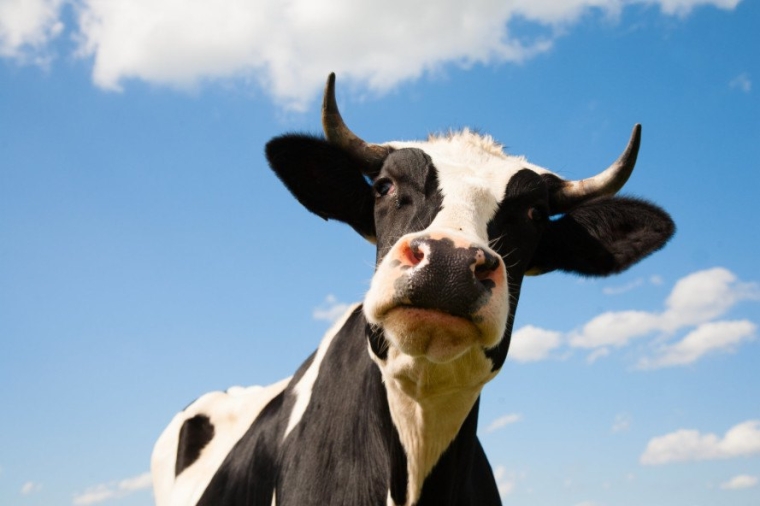
The rural property market continued is downward slide in June, with farm sales 37% lower than a year ago and lifestyle block sales down 20%.
According to the Real Estate Institute of New Zealand (REINZ), 1284 lifestyle blocks were sold in the three months to the end of June, down 20.4% from 1613 in the same period last year.
The median price of lifestyle blocks was also lower, dropping to just under $1 million at $995,000 over the three months to June this year. That's $30,000 less (-2.9%) than the same period of last year.
The median price for bare land lifestyle blocks was down by $65,000 (-13.1%) at $430,000, while the median price of farmlet lifestyle properties was down $125,000 (-10.2%) at $1,100,000.
Sales of farms were also sluggish, with the REINZ recording 217 sales of farms, excluding lifestyle properties, over the three months to June this year, down 37.3%.
Farm prices were also weaker, with the REINZ All Farm Price Index, which adjusts for differences in the mix of properties sold by size, type and location, down 3.3% over the three months to June compared to the three months to May, and down 8.8% compared to a year ago.
REINZ rural spokesperson Shane O'Brien said there had been a noticeable decline in demand for land to convert to exotic forestry.
"The recent drop in the export log price and NZU [NZ units] for carbon is certainly curtailing demand for forestry land, which has been a key driver of the market in the grazing and finishing sectors in recent years," he said.
At the same time, a lower milk price was affecting dairy farm margins, as were higher farm expenses and interest rates, which saw the REINZ Dairy Farm Price Index decline by 3.3% over the three months to the end of June compared to the three months to the end of May, and -5% compared to year earlier.
The comment stream on this story is now closed.
You can have articles like this delivered directly to your inbox via our free Property Newsletter. We send it out 3-5 times a week with all of our property-related news, including auction results, interest rate movements and market commentary and analysis. To start receiving them, register here (it's free) and when approved you can select any of our free email newsletters.
6 Comments
Everyone vendor still expects a leg And an arm from the buyer to be able to buy the property.
So what do you expect. Not everyone is ready to sacrifice their limbs just to buy a piece of land or do they?
The body turns to dust after a while, the land remains here only.
God save the NZ from the greed.
No median prices for farms?
Plenty out there to encourage any property buyer to leave their hands in their pockets.
What sort of $ per Ha are we talking ATM, for Carbon forestry grade land ?
Zero interest. No one trusts anyone anymore. Farmers have it to themselves pretty much now. Going to be an interesting ride in the next few years on dryland hill country with higher costs, interest, ageing farmers and in a lot of cases zero drawings let alone any profit at all. Just look at the stuff people putting up about wool - I see Feds now want a wool levy back - hanging onto the last railing as it slips into the depths.
Im seeing alot more hair/shedding sheep around me. Mostly young farmer's but starting to see the odd stud guy dabble in them. Cost of shearing and work load are the main driver's. Some have a day job and farm on the side. Starting to remind me of cattle farming in North America where you don't mind not profit because you love it. Hardly the future.

We welcome your comments below. If you are not already registered, please register to comment
Remember we welcome robust, respectful and insightful debate. We don't welcome abusive or defamatory comments and will de-register those repeatedly making such comments. Our current comment policy is here.